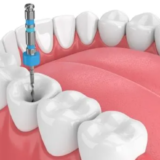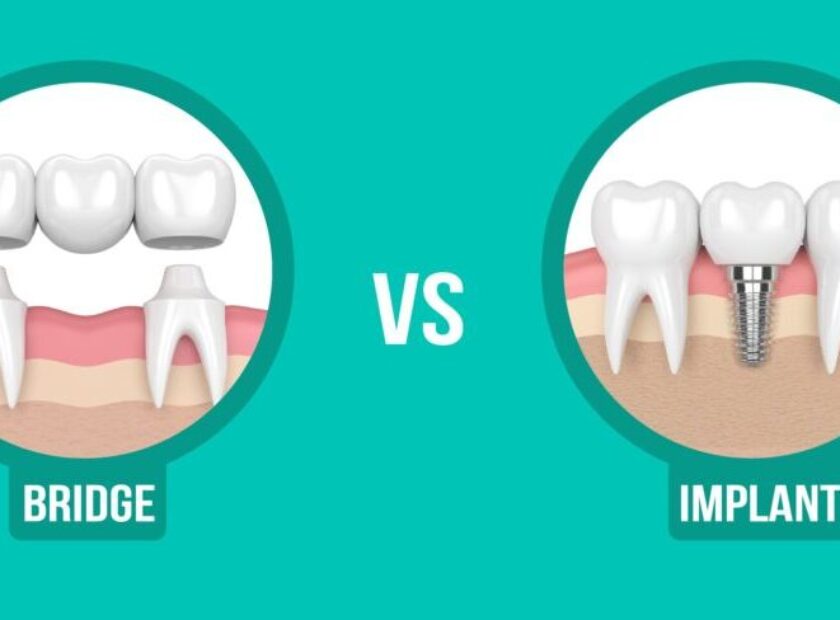How do i know if i need a root canal?

How Do I Know If I Need a Root Canal?
A root canal is a common dental procedure that helps save a tooth when it is badly damaged or infected.
Many people experience tooth pain but are unsure whether they need a root canal or a different treatment. Knowing the signs can help you seek the right care before the problem gets worse.
What Is a Root Canal?
A root canal is a treatment that removes infected or damaged pulp from the inside of a tooth.
The pulp contains nerves and blood vessels that can become inflamed due to deep decay, cracks, or repeated dental procedures.
After the pulp is removed, the inside of the tooth is cleaned, filled, and sealed to prevent further infection.
Signs You Might Need a Root Canal
If you experience any of the following symptoms, you should consider visiting a dentist to see if a root canal is necessary.
1. Persistent Tooth Pain
Pain that does not go away or keeps coming back is a major sign of infection. The pain may be sharp, throbbing, or dull, and it can worsen when you eat or drink something hot or cold.
2. Sensitivity to Hot and Cold
If your tooth aches when you consume hot coffee, tea, or cold drinks, and the pain lingers even after the food or drink is gone, it may indicate nerve damage inside the tooth.
3. Swollen Gums
Swelling around the affected tooth can be a sign of an infection. The gums may look red, feel tender, or develop a small bump (abscess) that may release pus.
4. Discoloration of the Tooth
A tooth that turns dark or grayish over time might have damaged blood vessels or nerves. This can happen due to trauma or infection deep inside the tooth.
5. Pain When Chewing or Touching the Tooth
If you feel discomfort or pressure while chewing, it could mean that the pulp inside the tooth is inflamed or infected.
6. A Cracked or Chipped Tooth
A crack or chip in the tooth can expose the nerves inside, making it more vulnerable to bacteria. This can lead to infection and require a root canal to save the tooth.
7. A Pimple on the Gums
A small, pimple-like bump on the gums near the affected tooth is a sign of an abscess. This can cause swelling, pain, and a bad taste in the mouth due to pus drainage.
What Happens During a Root Canal?
A root canal procedure usually involves the following steps:
- Numbing the Tooth – The dentist will apply a local anesthetic to ensure you do not feel pain during the procedure.
- Removing the Infected Pulp – A small opening is made in the tooth, and the infected pulp is removed using special tools.
- Cleaning and Disinfecting – The inside of the tooth is cleaned to remove any bacteria or debris.
- Filling and Sealing – The empty space is filled with a rubber-like material to prevent future infection.
- Placing a Crown – In most cases, a crown is placed over the treated tooth to restore its strength and function.
How to Prevent the Need for a Root Canal
You can reduce the risk of needing a root canal by following good oral hygiene habits:
- Brush your teeth twice a day with fluoride toothpaste.
- Floss daily to remove food particles and plaque between teeth.
- Avoid chewing on hard foods or ice to prevent cracks or chips.
- Visit your dentist regularly for checkups and cleanings.
Why Choose Family Brock for a Root Canal?
If you need a root canal, Family Brock provides a comfortable and effective treatment experience. Their experienced dental team ensures gentle care, helping patients feel at ease throughout the process.
To inquire about costs or to schedule an appointment, contact Family Dentistry on Brock at info@familydentistryonbrock.com. The clinic is located at 49 Brock St E, Tillsonburg, ON N4G 1Z7.
FAQs About Root Canals
1. Is a root canal painful?
No, a root canal is done under local anesthesia, so you should not feel pain during the procedure. After the treatment, mild discomfort is normal and can be managed with pain relievers.
2. How long does a root canal take?
A root canal typically takes one or two visits, each lasting about 60 to 90 minutes, depending on the severity of the infection.
3. Can I eat after a root canal?
Yes, but you should wait until the numbness wears off to avoid biting your cheek or tongue. Stick to soft foods for the first few days.
4. How long does a root canal last?
With proper care, a root canal-treated tooth can last a lifetime. A crown can help strengthen and protect the tooth.
5. What happens if I ignore the need for a root canal?
Ignoring an infected tooth can lead to severe pain, swelling, and the spread of infection to other areas of the body. In extreme cases, tooth extraction may be required.
Conclusion
A root canal can save your tooth and relieve pain caused by infection or damage. If you notice symptoms like persistent pain, swelling, or sensitivity, do not wait to seek treatment.
Family Brock is a trusted option for root canal treatment, ensuring a smooth and stress-free experience.
Contact Family Dentistry on Brock at info@familydentistryonbrock.com to schedule an appointment today.




